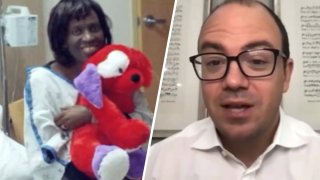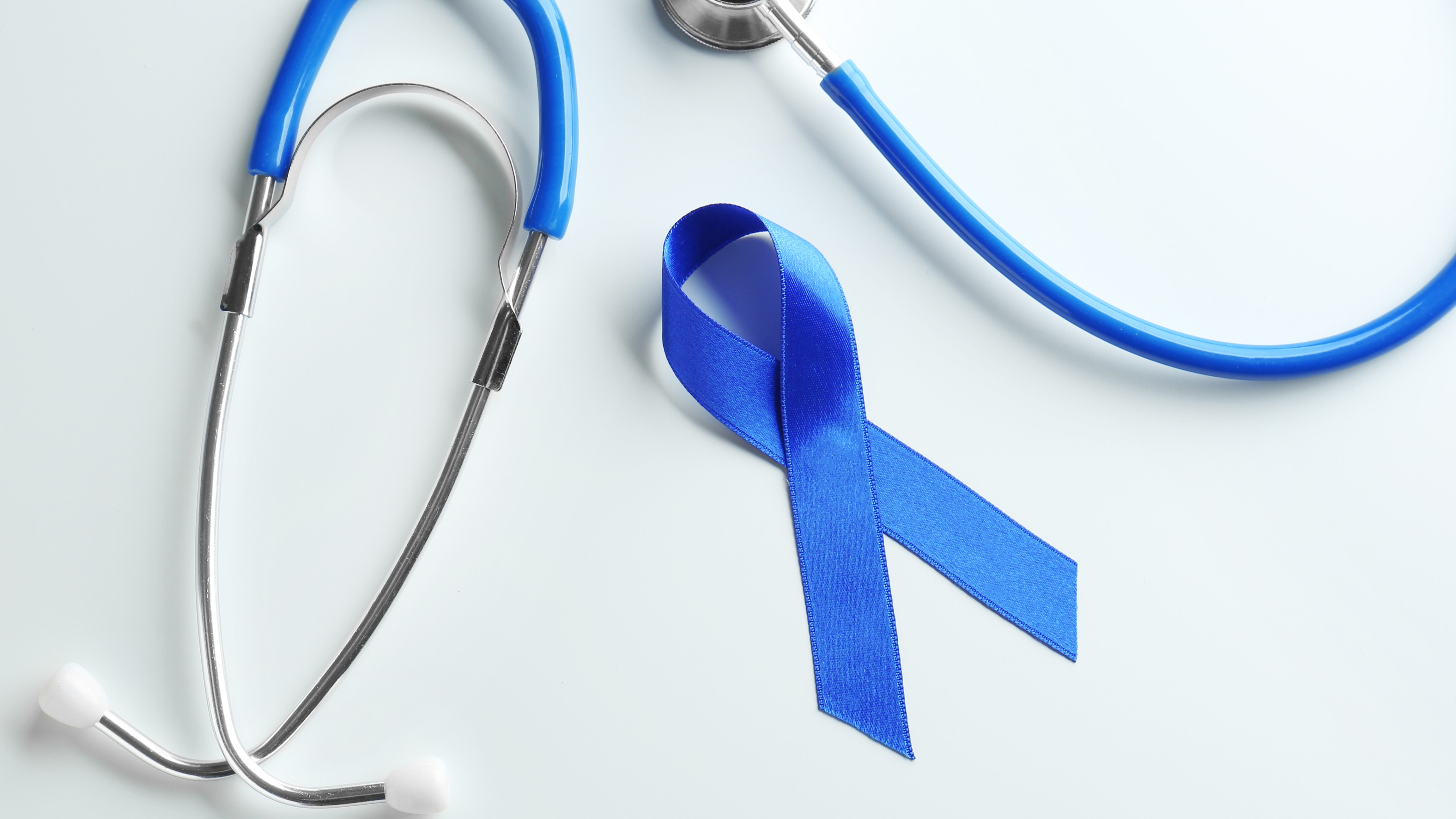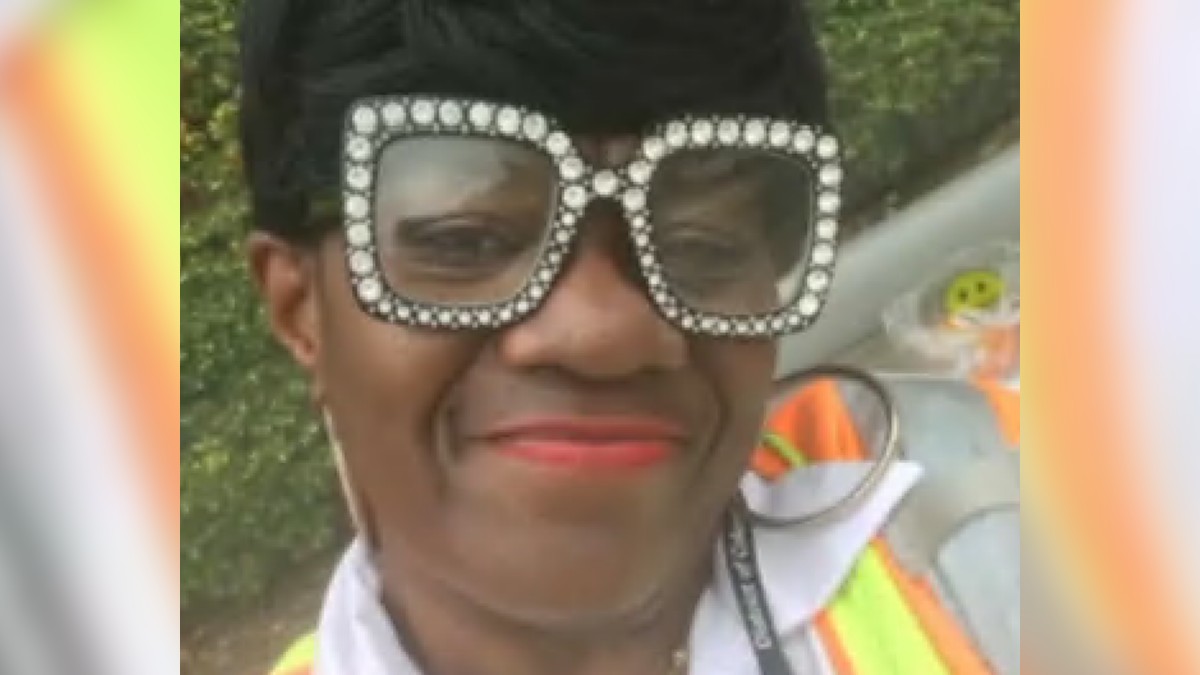
A federal health task force recommended lowering the age for colon cancer screening from 50 to 45 Tuesday, a move that could save lives.
In 2013, young-onset colorectal cancer left nurse Jacinta Mivule facing the prospect of losing her husband and three kids.
“If you told me, ‘At 37 you’re having cancer,’ I would say no,” Mivule said.
Mivule’s age made doctors hesitant to screen her for colon cancer, but catching the disease early marked the beginning of her survival story.
“Colorectal cancer can be cured,” Mivule said.
About 75% of cases of young-onset colorectal cancer are diagnosed between the ages of 40-49. The federal health task force found that screening at 45 compared to 50 resulted in fewer cases and deaths.
The nonprofit Colorectal Cancer Alliance estimated that the new recommendation could save at least 210,000 lives.
“This is an additional 15 million Americans that will be eligible for screening at minimum,” CEO Michael Sapienza said. “This absolutely will save lives and I wish it would have been done sooner.”
Sapienza was emotional when he heard the announcement. He himself lost his mother to the disease.
“All these patients that I’ve met over the years that have passed I kind of feel them with me and with us,” Sapienza said.
He called the recommendation a huge victory in the fight against a disease that’s estimated to become the leading cause of cancer-related deaths in people 20-49 years old by the end of the decade.
Forty-five was already the recommended screening age for Black Americans, who are 20% more likely to get colorectal cancer and 40% more likely to die from it than whites.
"This will drive home for all demographics that we need to start getting screened earlier, and I do think that this will really help with the health inequity piece, especially for those 45 and older," Sapienza said.
While the Colorectal Cancer Alliance celebrated Tuesday, Sapienza said there is still much more work to be done.
“We need to fund more research to find out why it’s happening to younger and younger people," Sapienza.
Meanwhile, Mivule’s fight is convincing people to advocate for themselves.
“This is about you. Speak up," she said.
The recommendation also means screenings for younger people will be covered by Medicaid or Medicare. Private insurers will likely also follow suit and cover screenings beginning at age 45 for patients.



